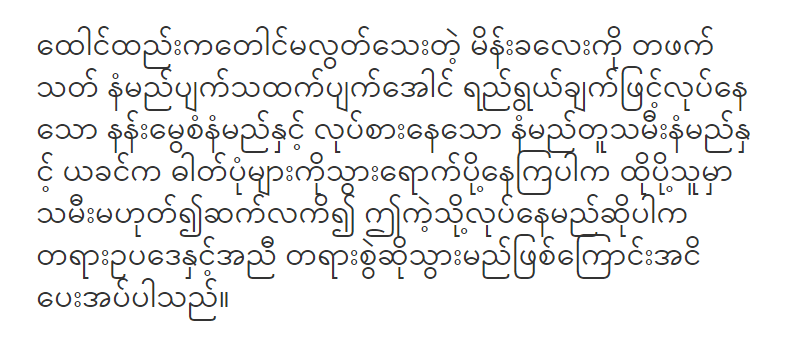









In the ever-evolving landscape of human resources, the integration of Artificial Intelligence (AI) has emerged as a transformative force, revolutionizing the way organizations approach recruitment and HR processes. Leveraging AI technologies has become imperative for businesses seeking to stay competitive in today’s fast-paced job market. Let’s delve into how AI is reshaping the HR landscape and streamlining recruitment processes.
Enhancing Talent Acquisition with AI
Traditional recruitment methods often entail hours of manual labor, sifting through resumes and conducting preliminary interviews. AI-powered tools have revolutionized this process, offering sophisticated algorithms that can analyze resumes, predict candidate suitability, and even conduct initial screenings through chatbots.
By harnessing AI, recruiters can expedite candidate sourcing, identify top talent more efficiently, and minimize bias in the selection process. These systems are adept at recognizing patterns in candidate data, enabling recruiters to make data-driven hiring decisions that align with organizational objectives.
Improving Candidate Experience
In today’s digital age, providing a seamless candidate experience is paramount for attracting top talent. AI plays a pivotal role in enhancing this experience by automating routine tasks, such as scheduling interviews, sending follow-up emails, and answering candidate queries through chatbots.
Furthermore, AI-driven recruitment platforms utilize natural language processing (NLP) to personalize interactions with candidates, offering tailored recommendations based on their skills and preferences. This personalized approach not only fosters a positive candidate experience but also strengthens the employer brand.
Mitigating Bias in Recruitment
One of the most significant advantages of AI in recruitment is its ability to mitigate bias inherent in traditional hiring processes. AI algorithms can analyze vast amounts of data without being influenced by human biases, thereby promoting diversity and inclusion within the workforce.
By anonymizing candidate data and focusing solely on relevant qualifications and skills, AI helps organizations build more diverse teams that reflect a broader range of perspectives and experiences. This not only fosters innovation but also cultivates a more inclusive work environment.
Optimizing Employee Engagement and Retention
Beyond recruitment, AI is also transforming employee engagement and retention strategies. By analyzing employee data, such as performance metrics and sentiment analysis from collaboration tools, AI can provide insights into factors influencing employee satisfaction and identify potential areas for improvement.
Moreover, AI-powered chatbots and virtual assistants are revolutionizing the way HR departments interact with employees, offering instant support for queries related to benefits, policies, and career development opportunities. This proactive approach to employee engagement fosters a culture of transparency and communication, ultimately boosting retention rates.
Future Outlook
As AI continues to evolve, its impact on HR processes will only grow more profound. From predictive analytics to personalized learning and development plans, the possibilities are endless. However, it’s crucial to recognize that while AI can enhance efficiency and effectiveness, it cannot replace the human element entirely.
Ultimately, the successful integration of AI in HR hinges on striking the right balance between technological innovation and human expertise. By leveraging AI as a tool to augment human decision-making processes, organizations can unlock new levels of productivity, innovation, and success in the dynamic world of human resources.